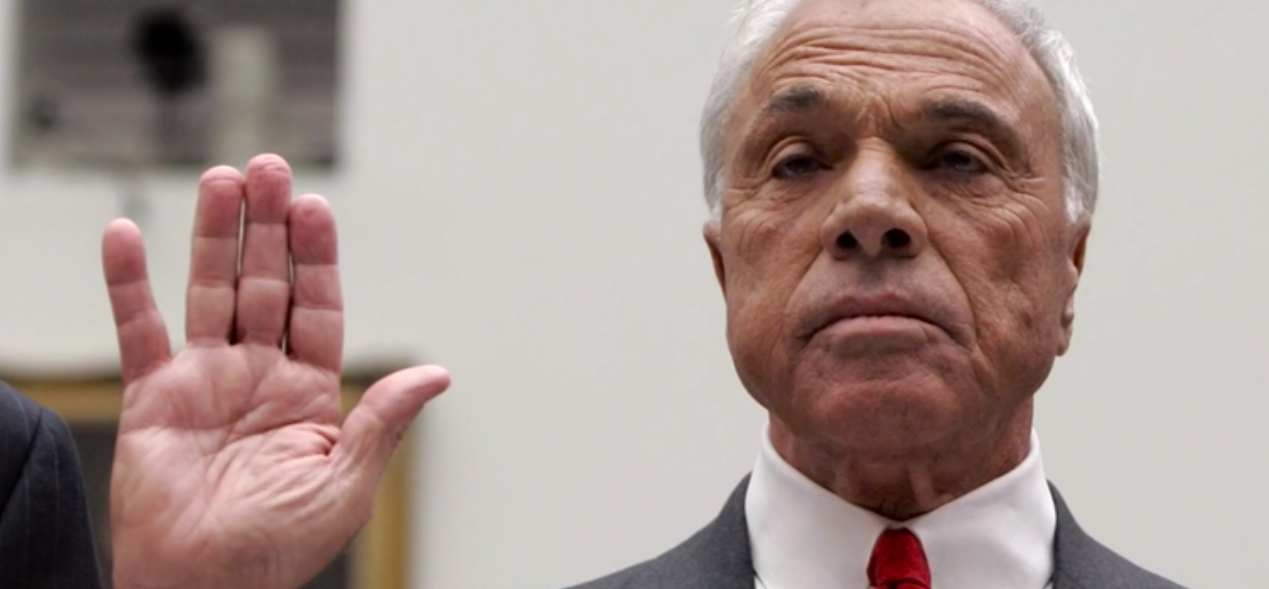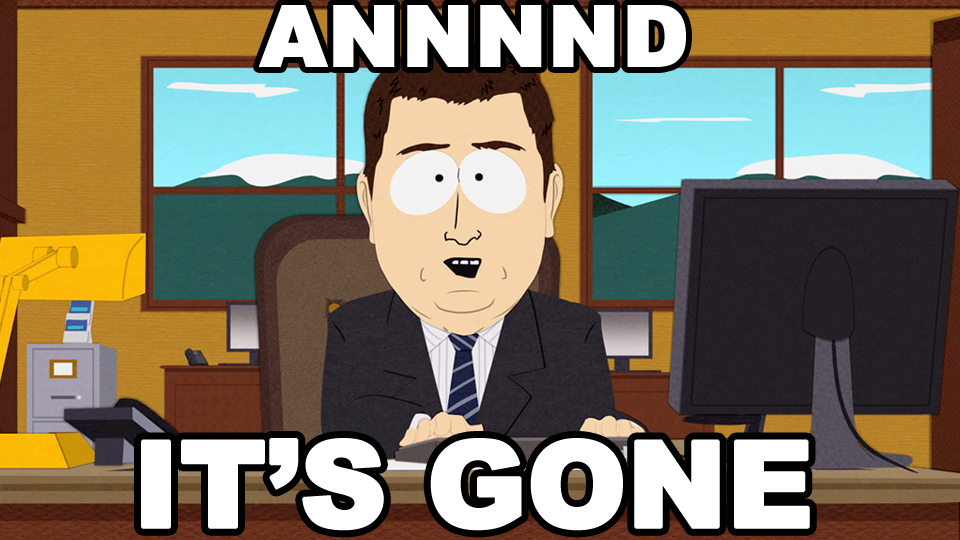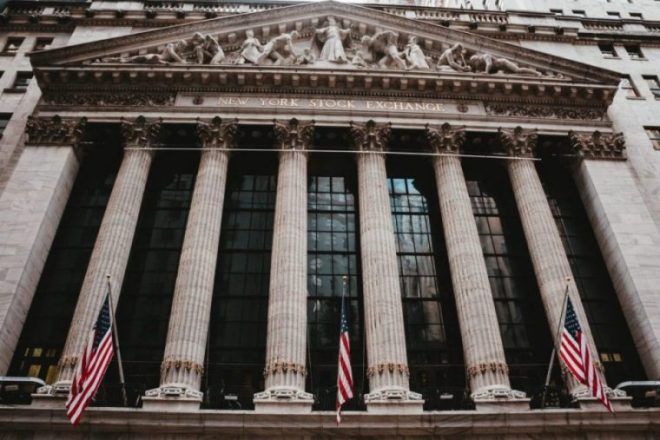If you were to counterfeit a $100 or €100 or any other currency at home, you would be fined for an unimaginable amount. Yet banks are not only able to print money, but actually encouraged to do so.
Banking Explained – How banks never run out of money
Banking is one of the least understood businesses throughout history. And yet they are some of the most valued places where we put our money into. And the more you look into it, the more preposterous it becomes. Let us explain in simple terms how banks work these days.
How does banking work in the 21st century?
It’s not that complicated if we sum it up simply. We have to ask ourselves, what’s the purpose of a bank in the first place? For the most part, it is a safe place for us to store money so we don’t have to carry it with us. The origins of banking did not start out from kindness to make people’s lives easier.
At the end of the day, just like any other organization, its purpose is simply to make the owners money. And in the world of banking collecting interest is key, whether it is through credit cards, mortgages, loans to business, or individuals. The more loans on a high-interest rate, the more money the banks make.
Are loans making the banks bad?
Not really!
After all, modern-day economics and businesses wouldn’t exist without banks providing loans. But unlike other organizations out there, banks are the only entities in the world that can print out money out of thin air.
Since today the world doesn’t base its currency’s value on gold anymore, it has turned its true value upon belief and trust. Yes! It is called FIAT money or currency. This is because we believe in the government and the economy enough to perceive the value of our currencies.
And in this modern world of the FIAT system, the bankers have become the wizards of pulling money out of nothingness. And once you delve deeper into the process, you can see past all the technical jargon. It is not all that complicated.
How do most banks make money?
How banks work and how do they make money? Well, it happens every time you deposit money into your bank.
Imagine you just got your first paycheck for $1000 (€900) and you deposit it into your bank account for later use and safekeeping. This may differ from country to country and bank to bank and of course the size of the bank. But because of the sheer magnitude and power of the US economy, we will be looking into the policies of US banks.
According to the Board of Governors of the Federal Reserve System, banks are required by law to keep roughly around 10% of the say, $1000 deposited. This is called a “reserve.” Why do they do this you ask? Well… why not? Banks are businesses. Why should they keep their money in the vault, when they can just simply lend it out to someone with interest? 
So they bundle up that money and lend the 90% of it as a loan to someone at a 5% interest rate to someone else. And just because of this, the bank now has $1900 in its vault. If you come to understand this short scenario, you understand how and why banks print money. Now, this gets a lot more complicated with millions of people, regulations, and financial gibberish. But the basic principle comes down to this
Let’s take an example and see how these banks make money!
You take your well-earned cash into the bank and deposit it, instead of hiding it under the bed. Banks can use 90% of this and lend to someone with interest. Let’s call this someone ‘Mr. Jones,’ an entrepreneur who needs to raise capital for his new venture.
So all of a sudden, you have your $1000 in your digital bank statement and Mr. Jones has his $900. So what has started out as one thousand dollars in the money supply has now increased to $1900. And the bank gets to collect their 5% interested every year.
It also gets more interesting when Mr. Jones decides that he doesn’t want to keep his money in cash. So what he also deposits his $900 to his bank account. Now the bank can take Mr. Jones’ $900 and lend that out to other people and get another 5% on that money. When that second money supply happens, the bank’s $1900 suddenly jumps $2710.
Now imagine this oversimplified process, when we talk about billions of cash flows from across the world, entangling everything in an intricate spiderweb of the money supply.
And you have the modern banking system of fractional reserve banking, where banks are required to keep only a fraction of their reserves and later lend it out to make money.

The Hidden Power of the Banking System
In no other industry can people hand over their life savings as in the banks. There is no other legal entity where you can create money and collect interest on it. And to see this in reality, we can take a look at some of the biggest banks in the world.
The biggest bank in the world at the moment is the Industrial and Commerce Bank of China with $3.62 trillion in total assets. The biggest non-Chinese bank is JP Morgan Chase, currently 6th in the world, behind 4 other Chinese banks and England’s HSBC Holdings.
So is that how banks make money?
Well, here is an interesting question. What if you, the customer, want to take out most of your money or start spending your deposits? This has been a problem for the banks known as “bank runs” where a large number of people withdraw their savings from banks over the fear of insolvency.
To mitigate this problem the government has interfered to secure people’s savings by establishing the FDIC to guarantee that if their deposits cannot be given back, they’ll be insured for $250,000. As a customer, this sounds really good. But it poses another benefit for the banks.  If the government will lend a helping hand and depositors are always guaranteed their money back. So what prevents banks from acting unethically with their customers’ money? What’s preventing them from being as risky as possible, when knowing that the government will bail them out in the worst-case scenario.
If the government will lend a helping hand and depositors are always guaranteed their money back. So what prevents banks from acting unethically with their customers’ money? What’s preventing them from being as risky as possible, when knowing that the government will bail them out in the worst-case scenario.  So now we can see how banks work in the late 20th and 21st centuries. It might not be a secret after all. And yet most of them have the power to act as they do.
So now we can see how banks work in the late 20th and 21st centuries. It might not be a secret after all. And yet most of them have the power to act as they do.
If you’re interested in banking or investment, check out our Finance page.

